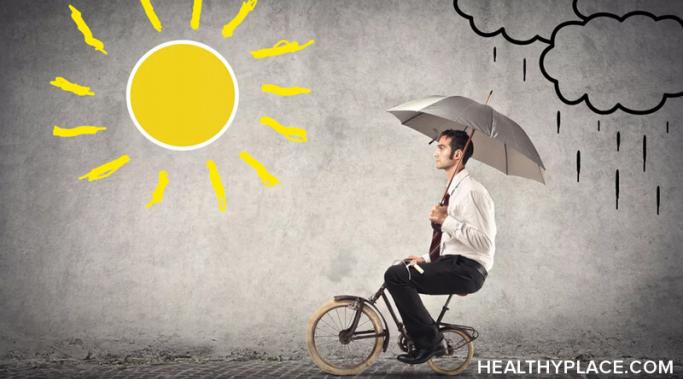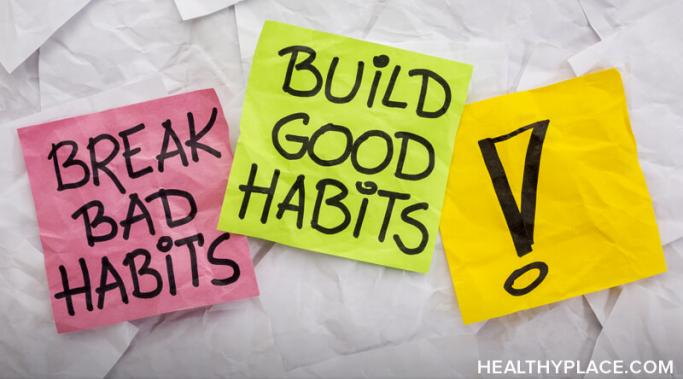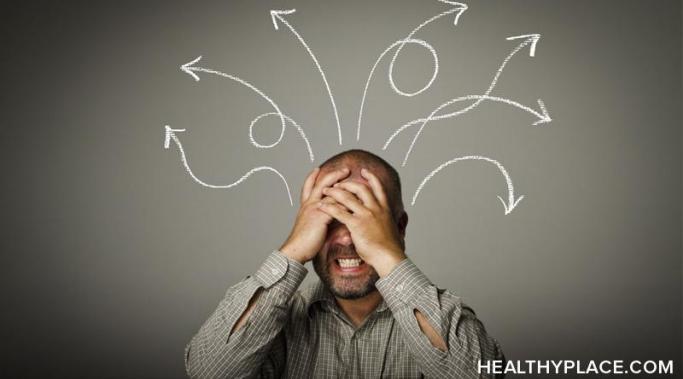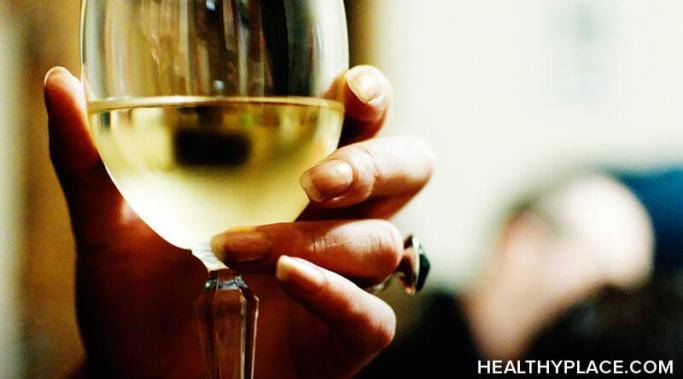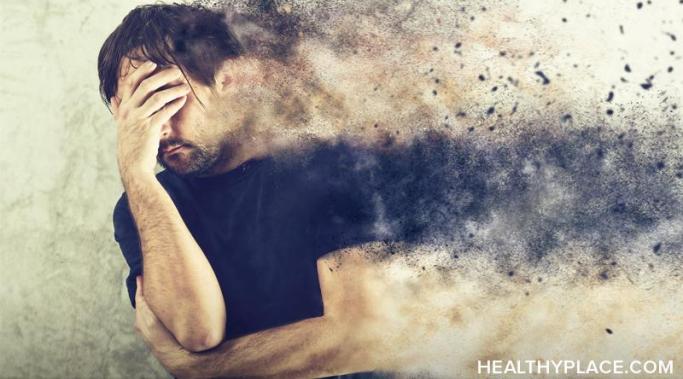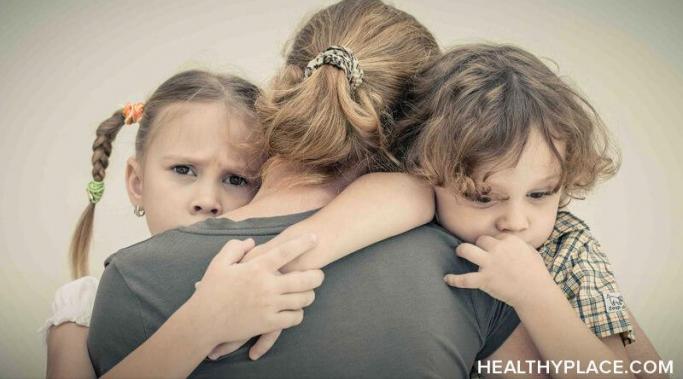The number of times I have woken up after a binge-drinking episode and said to myself, "I am not drinking this weekend," or even bolder, "I am never drinking again," just to find myself back at the liquor store a few days later could be considered humorous. I have experienced feelings of shame and embarrassment many times after breaking that promise to myself and having a binge-drinking relapse. It has taken a lot of self-work to reach this point, and not all days feel this way, but I now hold self-compassion close to my heart, even during a binge-drinking relapse, and I encourage you to too.
Making Changes
Full disclosure, I was very nervous to begin writing on alcohol abuse and addiction. I have many friends who only know me as a heavy drinker and others who may be unaware of just how much I struggle with this drug. I have felt nervous because I am writing on alcohol abuse and mental illness, yet I would not consider myself an alcoholic, nor would I ever use this term lightly.
As the youngest in a slightly dysfunctional family full of addiction and mental illness, it was no surprise that I would eventually find myself battling those same demons. I grew up surrounded by booze, drugs, and chaos with very little conversation on the seriousness of alcohol abuse and addiction.
In my experience, there is a monumental difference between healthy, relational sex and addictive, compulsive sexual behavior. As a recovering sex addict, I have witnessed firsthand the detrimental impacts of using sex as a means to cope with or numb your emotions. Some might believe that habits such as this are harmless and merely a rite-of-passage for most young adults, but I am here to tell you that unhealthy sexual behaviors do not have to be your normal way of life. You can willfully choose a different path and intentionally decide to utilize sex in a healthy way.
Change is one of the biggest guarantees in life so, at some point in your addiction recovery journey, you will likely have to experience it. I personally despise big life changes, not just because of my addiction, but because of the enormous impact change can have on my mental health.
In my addiction recovery, I have learned a lot about the impacts of self-talk, specifically how minimization and rationalization can sometimes cause harm. Personally, I believe that minimizing and rationalizing unhealthy behaviors can be present in many different types of people, not just recovering addicts. However, in my experience, these two forms of self-talk have undoubtedly impacted my addiction recovery experience.
If you're anything like me, family might be a touchy subject for you or possibly even an addiction trigger depending on your family's level of dysfunction. Childhood trauma, emotional gaslighting, and psychological abuse are all possible factors when determining a family's dysfunctional nature. For some individuals who endure these experiences as an adolescent, it can possibly lead to a life of addiction, mental health concerns, or for some a life of crime and incarceration. In my experience, the difficulties I have faced with my dysfunctional family certainly impacted the probability of my addiction and mental health diagnosis; and even many years later, I've learned that my family can be a huge trigger for me.
To my knowledge, generational addiction has impacted both sides of my family for at least four generations. Specifically, alcoholism and its devastating effects have weighed heavily on three of my four grandparents.
Pursuing and surviving sobriety is no easy feat, and for women in addiction recovery, the challenge can feel even more strenuous. Addiction of any kind can touch the lives of just about everyone no matter our racial, ethnic, or religious background; however, the fight to stay sober might look different for different individuals pursuing recovery.
Recovering addicts are participating in social distancing, like everyone else, as a result of the widespread pandemic, coronavirus, otherwise known as COVID-19. Social distancing has proven to be a necessary measure taken by cities, states, and nations worldwide in order to "flatten the curve" or slow the spread of this highly infectious disease. Effectively slowing down the spread of this pandemic is going to take the willpower and intentionality of every single one of us, but what does social distancing mean for those of us in recovery who greatly depend on addiction-related support groups to maintain our sobriety?
